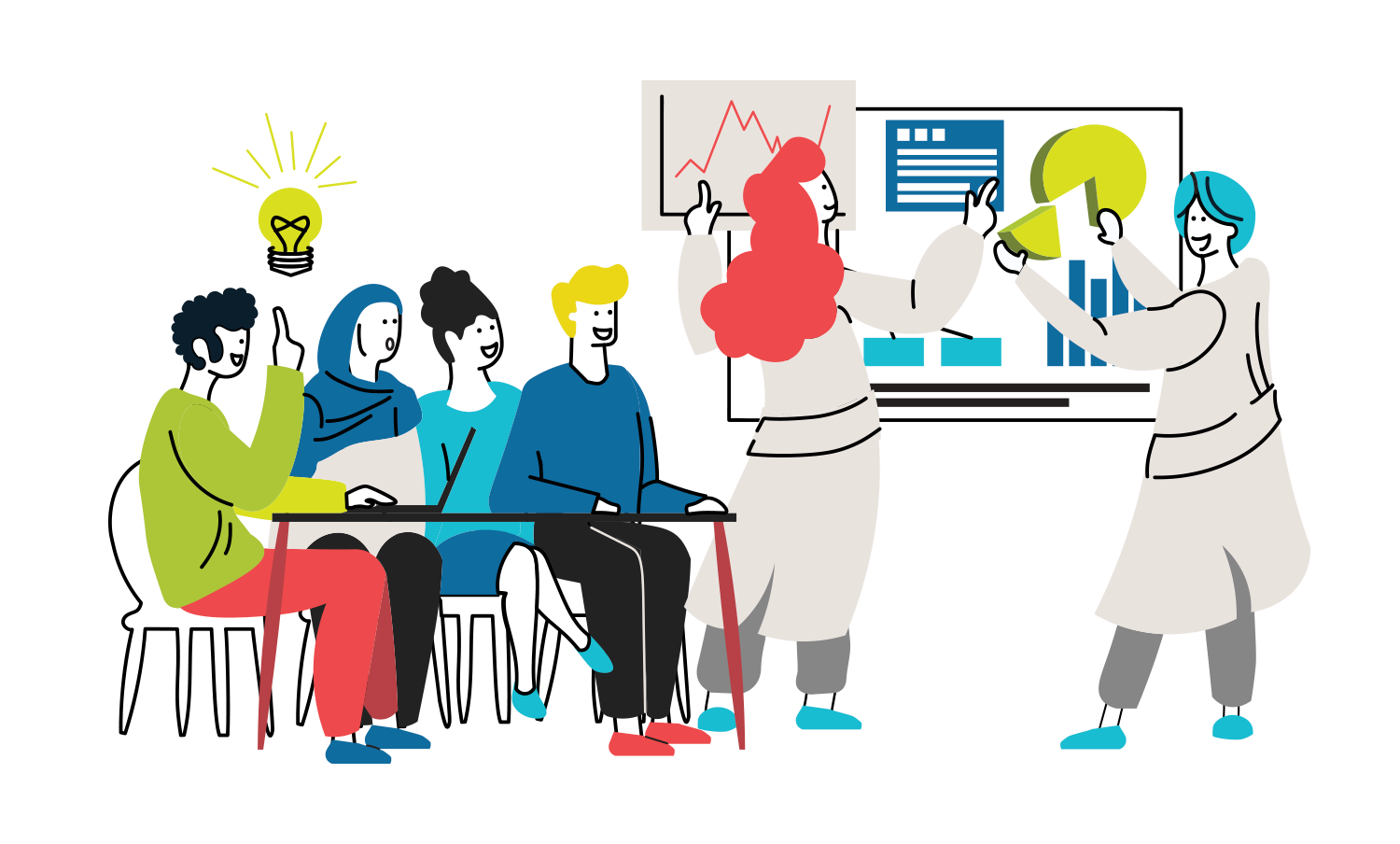Introduction
It seems like every week there are new data breaches, concerns about our privacy, and stories about data science gone wrong. We hear about banks giving credit to customers they know can’t afford it, casinos using data science and behavioral economics to keep customers coming back for more and driving them into bankruptcy, and on and on…
These kinds of behaviors aren’t limited to private sector actors in search of greater profits. Nonprofits can also be irresponsible with their data, or fall victim to unintended consequences. Blackbaud suffered a data breach and ended up paying ransom to hackers that were in their system for months. The United Nations shared data about Rohingya refugees without their consent, possibly increasing their vulnerability in returning to Myanmar.
In this Guide
- Simple, practical tools and principles to help your organization use data responsibly.
- Checklist created by the DrivenData team for data scientists to assess the risk of a project at the outset.
- A tool developed by IDEO to support ethical design with data.
- How Salesforce developed the first office of Ethical & Humane Use.
- Help an organization develop a mindset for collecting and using data responsibly.
What does responsible data mean? What is irresponsible data?
What do we mean by responsible use? The Internet Society defines it as “applying ethical principles of transparency, fairness, and respect to how we treat the data that affects people’s lives”. The Responsible Data project defines it as “the collective duty to account for unintended consequences of working with data by prioritizing people’s rights to consent, privacy, security, and ownership when using data and implementing values and practices of transparency and openness”.
Think of responsible use as ensuring that our data practices align to our values. For example, many nonprofit organizations work with what would be described as vulnerable people. Our data efforts should never increase that vulnerability. We shouldn’t collect information that we are unable to protect. Here are some helpful resources on responsible data.
Data Science Projects
While the potential ethical issues that might arise when using data science and artificial intelligence have certainly been in the popular press recently, there has not been as much discussion with respect to how a data science team should incorporate ethics within a project. To help ensure ethics is considered during a data science project, below are resources to identify and address data science ethical conundrums.
Design Principles
Design firm IDEO has developed 4 Ethical Data Design Principles to help those developing data tools. The principles are useful guardrails and reminders as you’re using data to develop products and analysis. They’ve also created a series of Blind Spot Checks that can be used during group brainstorming design sessions to ensure your design process is responsible.
Ethical and Humane Use Leadership
Salesforce developed an Office of Ethical & Humane Use to develop principles and practices for ensuring that their technology is being used in ways that align with the company’s values. It has enabled employees to report unethical uses by customers, developed a toolkit to help teams build with intention, and pushed other technology companies to develop similar offices.
Conclusion
The resources above will help you implement responsible data use for your organizations. We also suggest reaching out to peer organizations, whose challenges and learning may provide direct and current examples of ways forward. Please feel free to suggest any other guides you found helpful by contacting us and we may incorporate them.
Join Our Community
Make connections with other social impact organizations and receive a curated listing of community and data.org events and opportunities.
By submitting your information and clicking “Submit”, you agree to the data.org Privacy Policy and Terms and Conditions, and to receive email communications from data.org.
Related Content
By 2030, will most of the AI systems in use employ ethical principles focused primarily on the public good? 68% of global experts believe they will not. That’s the headline result of a non-scientific, non-random sampling conducted by Pew Research Center and Elon’s Imagining the Internet Center. It’s the crux… Read more
Related Guides
How to Apply an Intersectional and IDEA Lens for Social Impact Organizations
Despite good intentions, data is sometimes collected, analyzed, and used in ways that can replicate or even amplify existing injustices and inequalities.
Resources from Harvard Business Review, PolicyLink and +5
3 Key Steps to a Successful Data Commons
A data commons is a software platform along with a governance framework that together allow a community to manage, analyze and share its data.
Resources from LightsOnData, CIO and +2
Introduction to Artificial Intelligence (AI)
Artificial Intelligence (AI). Machine learning (ML). Deep learning. Algorithms. So many new terms and concepts — but parsing through them to create value for your organization can be challenging. This guide provides an introduction to Artificial Intelligence and helps readers identify where it might add value to their organization.
Resources from Patrick J. McGovern Foundation, Harvard Business Review and +6
